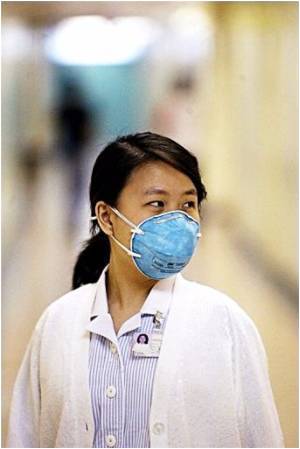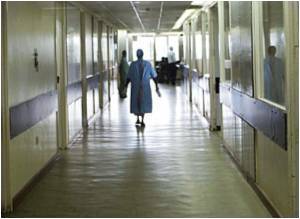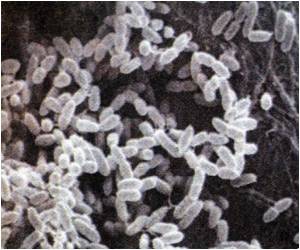A new study has shown that treating municipal wastewater solids at higher temperatures could be an effective tool in the fight against antibiotic-resistant bacteria.

These genes are used by bacteria to become resistant to multiple antibiotics, which are then known as 'superbacteria' or 'superbugs.'
Antibiotic resistant bacteria develop in the gastrointestinal tracts of people taking antibiotics. These bacteria are then shed during defecation, which is collected by the existing sewer infrastructure and passed through a municipal wastewater treatment facility.
The majority of wastewater treatment plants incubate the solid waste, called sludge, in a "digester" that decomposes organic materials. Digesters are often operated at 35 to 37 degrees Celsius.
"Many digesters are operated at our body temperature, which is perfect for resistant bacteria to survive and maybe even grow," said Timothy LaPara, who led the new University of Minnesota study.
Lab research by LaPara and colleagues has shown that anaerobic digestion of municipal wastewater solids at high temperatures (as high as 55 degrees Celsius) is capable of destroying up to 99.9 percent of various genes that confer resistance in bacteria. In contrast, conventional anaerobic digestion (operated at about 37 degrees Celsius) demonstrated only a slight ability to eliminate the same set of genes.
Advertisement
"This new method could be used in combination with other actions, like limiting the use of antibiotics, to extend the lifespan of these precious drugs," said LaPara.
Advertisement
Source-ANI









